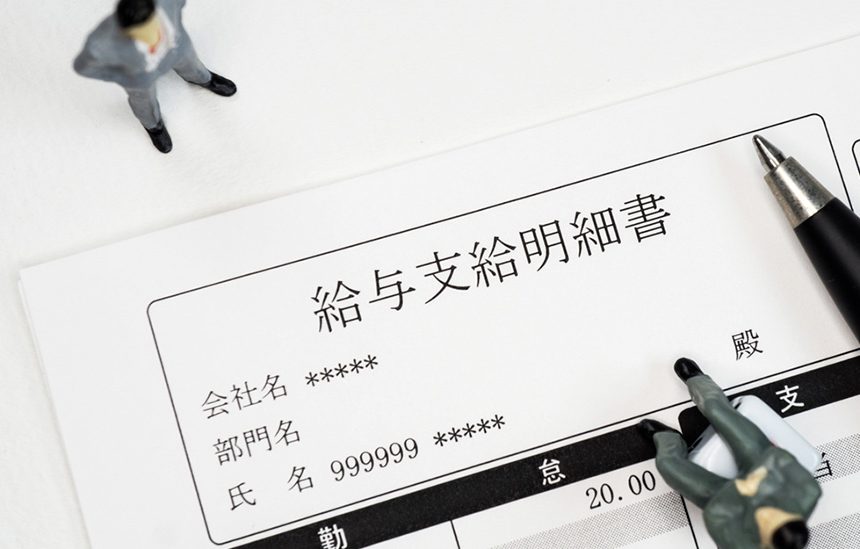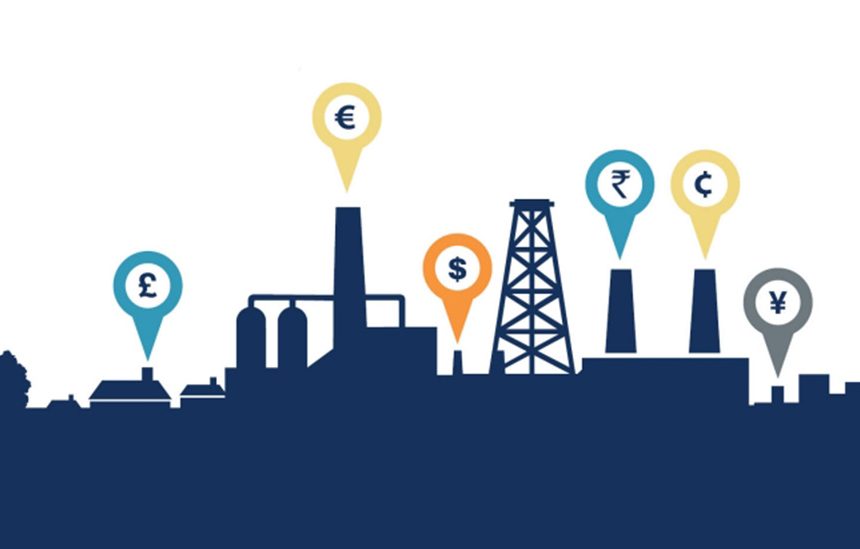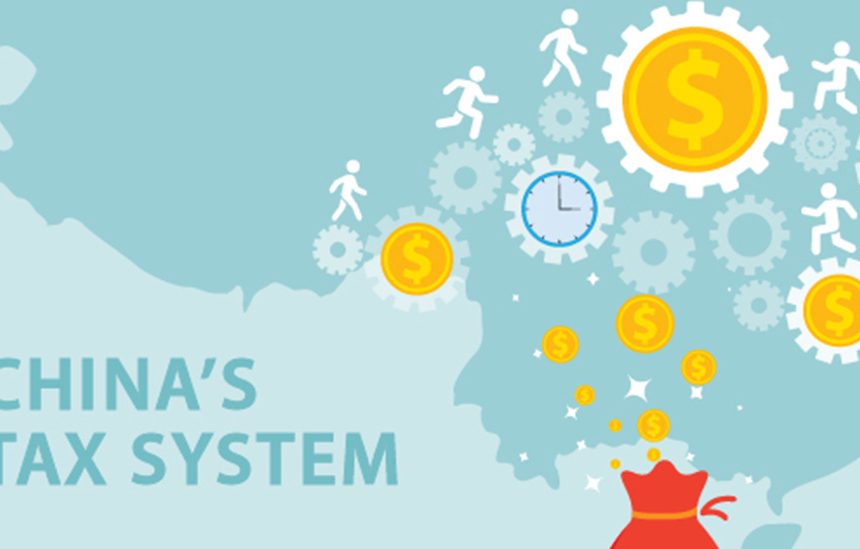It is with immense sadness that my colleagues and I learnt of the passing of the Honourable Donald Johnston, OECD Secretary-General from 1996 until 2006.
Revenue Statistics: Key findings for Japan
The OECD’s annual Revenue Statistics report found that the tax-to-GDP ratio in Japan increased by 1.7 percentage points from 31.5% in 2019 to 33.2% in 2020.* The corresponding figures for the OECD average were an increase of 0.2 percentage points from 33.4% to 33.6%.
Carbon Pricing: key findings for Japan
Carbon pricing is a powerful tool that can help countries meet climate targets, lead to cleaner air and water, and improve public finances. This country note takes stock of how carbon prices on greenhouse gas emissions have evolved in Japan between 2018 and 2021. It estimates effective carbon prices resulting from carbon taxes, emissions trading systems, and fuel excise taxes...
Revenue Statistics in Asia and the Pacific: Key findings for Japan
Japan’s tax-to-GDP ratio was 31.4% in 2019* (latest available data), above the Asia and Pacific (28) average of 19.1% by 12.3 percentage points. It was below the OECD average (33.5%) by 2.1 percentage points.

Taxing Wages: Key findings for Japan
The tax wedge for the average single worker in Japan remained unchanged at 32.6% in 2020 and 2021. The OECD average tax wedge in 2021 was 34.6% (2020, 34.6%). In 2021, Japan had the 25th lowest tax wedge among the 38 OECD member countries, occupying the same position in 2020.

Carbon Pricing: key findings for China
Carbon pricing is a powerful tool that can help countries meet climate targets, lead to cleaner air and water, and improve public finances. This country note takes stock of how carbon prices on greenhouse gas emissions have evolved in China between 2018 and 2021. It estimates effective carbon prices resulting from carbon taxes, emissions trading systems, and fuel excise taxes...

Revenue Statistics in Asia and the Pacific: Key findings for China
China’s tax-to-GDP ratio was 20.1% in 2020, above the Asia and Pacific (28) average of 19.1% by 1.0 percentage points. It was below the OECD average (33.5%) by 13.4 percentage points.

Transfer Pricing Country Profiles
These country profiles focus on countries’ domestic legislation regarding key transfer pricing principles, including the arm’s length principle, transfer pricing methods, comparability analysis, intangible property, intra-group services, cost contribution agreements, transfer pricing documentation, administrative approaches to avoiding and resolving disputes, safe harbours and other implementation measures.

Asia-Pacific countries have managed COVID-19 crisis relatively well but major challenges remain in low-middle-income countries
Australia, Japan, Korea, and New Zealand did better than most countries in flattening the curve of the COVID-19 epidemic and containing the first wave of the virus, according to the OECD’s first analysis of the impact of COVID-19 on health systems of countries across the Asia-Pacific as well as governments’ responses to control the virus.


